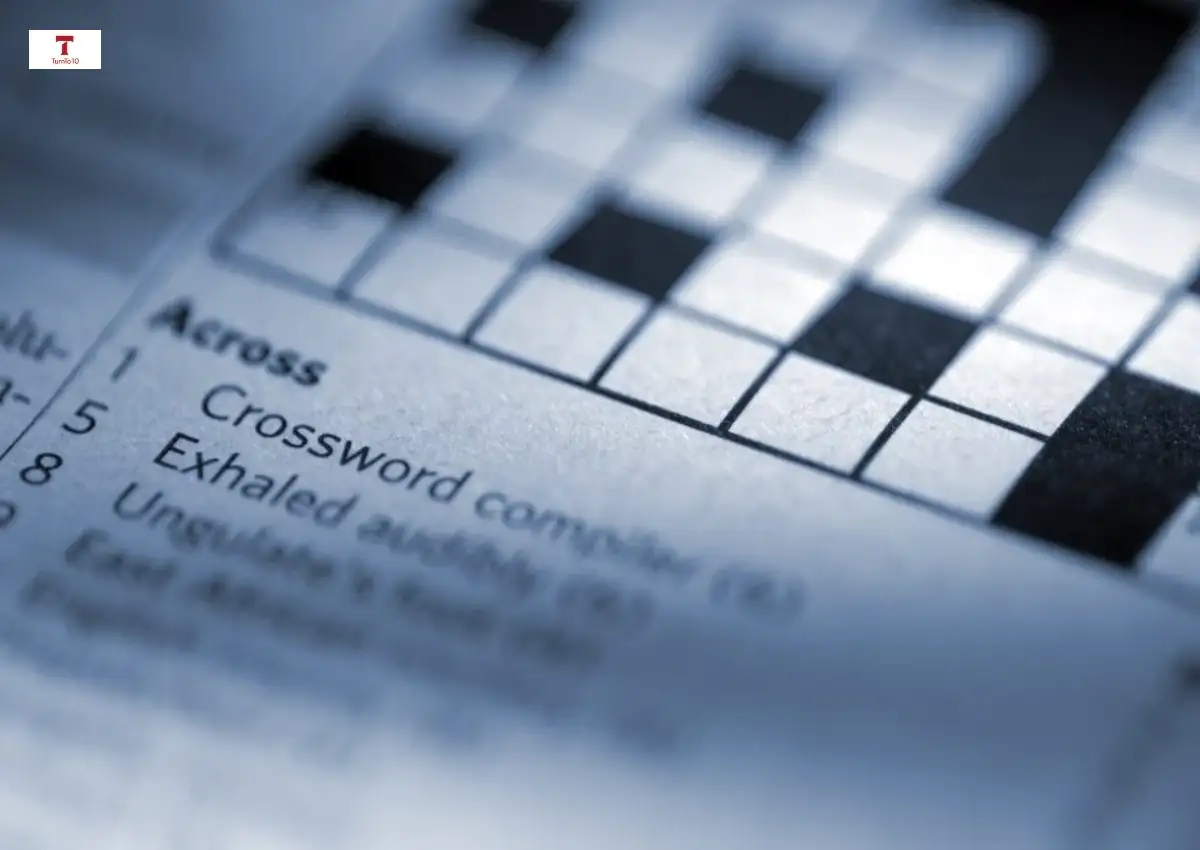The phrase “looks fabulous in slang NYT” has captured attention, especially among language enthusiasts and pop culture fans. This slang, featured in the New York Times crossword puzzles, adds a fun twist to how people describe appearances. In modern lingo, it signifies someone or something that looks stylish, striking, or impressive—akin to terms like “fire,” “slay,” or “on fleek.”
In this article, we explore the phrase “looks fabulous in slang” as featured in the NYT crossword, uncovering its linguistic significance and cultural impact. We’ll delve into how this slang expression connects modern vernacular with traditional puzzles, illustrating the evolving role of language in media and everyday conversations.
A Cultural Connection
This phrase resonates with youth culture and fashion, especially in the digital age where slang evolves rapidly. It’s common in online platforms, where trends like TikTok and Instagram influence language, creating catchy phrases to describe aesthetics.
NYT Crossword and Its Appeal
The New York Times crossword puzzles are known for integrating contemporary slang into their clues and answers. When phrases like “looks fabulous in slang” appear, they bridge the gap between traditional wordplay and modern vernacular, engaging both older puzzle enthusiasts and younger audiences familiar with trending terms.

Why This Phrase Matters
The use of “looks fabulous in slang” reflects how fashion, self-expression, and casual language intersect. Its appearance in the NYT Crossword showcases its mainstream acceptance while celebrating linguistic creativity.
Conclusion
The phrase “looks fabulous in slang NYT” highlights the vibrant intersection of modern language and culture. Its appearance in the NYT crossword elevates its relevance, showcasing how slang evolves and finds its place in mainstream platforms. This expression not only reflects aesthetic appreciation but also bridges generational gaps, inviting a mix of traditional wordplay enthusiasts and the digitally savvy to celebrate linguistic innovation. See more
Whether in puzzles or everyday conversations, it serves as a reminder of how language constantly adapts to capture the spirit of the times.


One thought on ““Looks Fabulous in Slang NYT” : A Modern Phrase Unveiled”